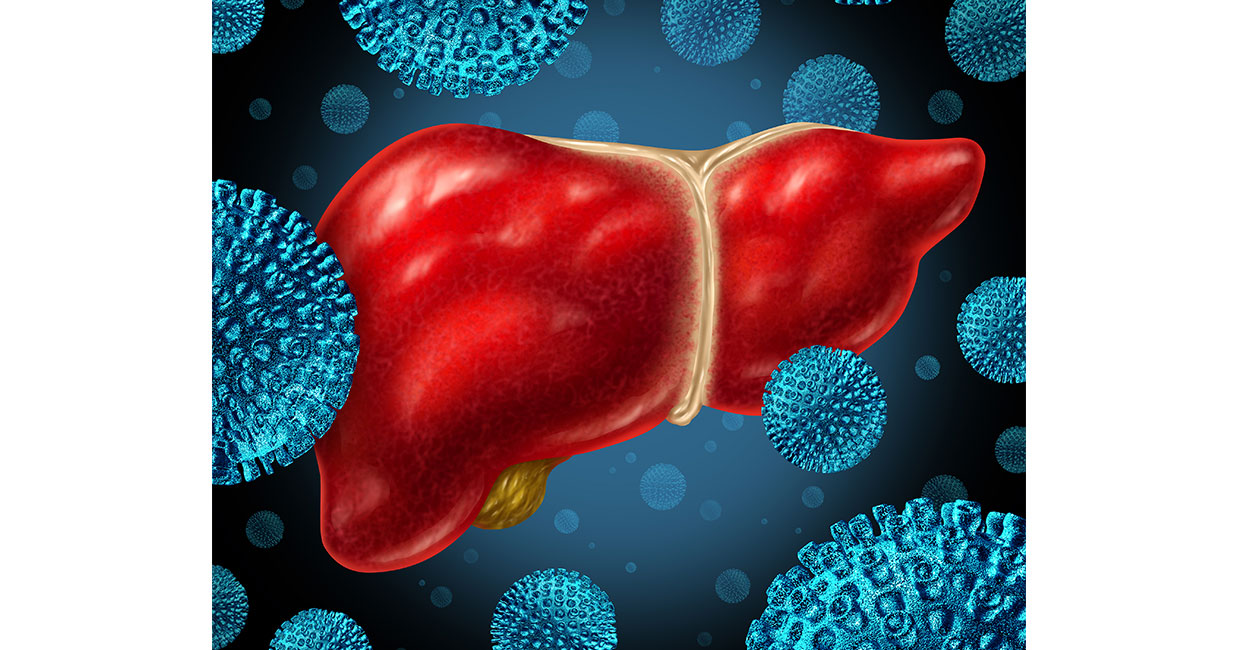30 Jul 2018

Hepatitis is an inflammation that affects the liver, due to a viral or bacterial infection, drug poisoning or a parasitosis.
It can also be caused by excessive alcohol consumption.
If it lasts more than 6 months, it will be considered acute or chronic.
There are different types of hepatitis, categorized by cause; hepatitis A, hepatitis B, hepatitis C (D, E, F and G are rarer).
According to each hepatitis and each cause, the symptoms vary.
However, there are many noticeable common symptoms, such as fever, abdominal pain, nausea, jaundice, dark urine and pale stools.
Hepatitis A
Hepatitis A usually affects children. Its transmission is oro-fecal, due poor hand hygiene and food (common in school gatherings).
Its incubation can last between 2 and 6 weeks.
No specific treatment is associated with this disease, but vaccination is given at a young age. Just consult your child's pediatrician and follow the schedule of his vaccinations.
That said, the evolution of hepatitis A is benign, and once the patient's body has made contact with the virus, he is immune for life.
Hepatitis B
This type of hepatitis is common in adults. Hepatitis B virus is transmitted through contaminated syringes, blood (blood transfusions or wounds), sexual intercourse or maternal-fetal umbilical passage.
Its incubation lasts between 2 weeks and 2 months. It is silent, but its evolution can be serious if it is not taken care of rapidly and adequately.
In the acute phase, apart from the common symptoms mentioned, there is anorexia and diarrhea with weight loss.
According to the World Health Organization (WHO), hepatitis B is a major public health problem, given its high frequency and its possible evolution in cirrhosis or liver cancer.
It is therefore imperative to consult your doctor at the onset of any of these symptoms.
Hepatitis C
Common in adults, this type of hepatitis has the same symptoms and the same route of transmission as hepatitis B.
The difference is that for hepatitis C, the incubation period can reach 6 months and the infection is considered chronic in 80% of cases (the virus persists in the body for years and the patient becomes a contaminant).
During this period, the liver loses function and the liver cells are damaged. Cancer becomes a possibility in some cases.
In every case, an early diagnosis and a rigorous medical follow-up are recommended in order to fight against these diseases.




